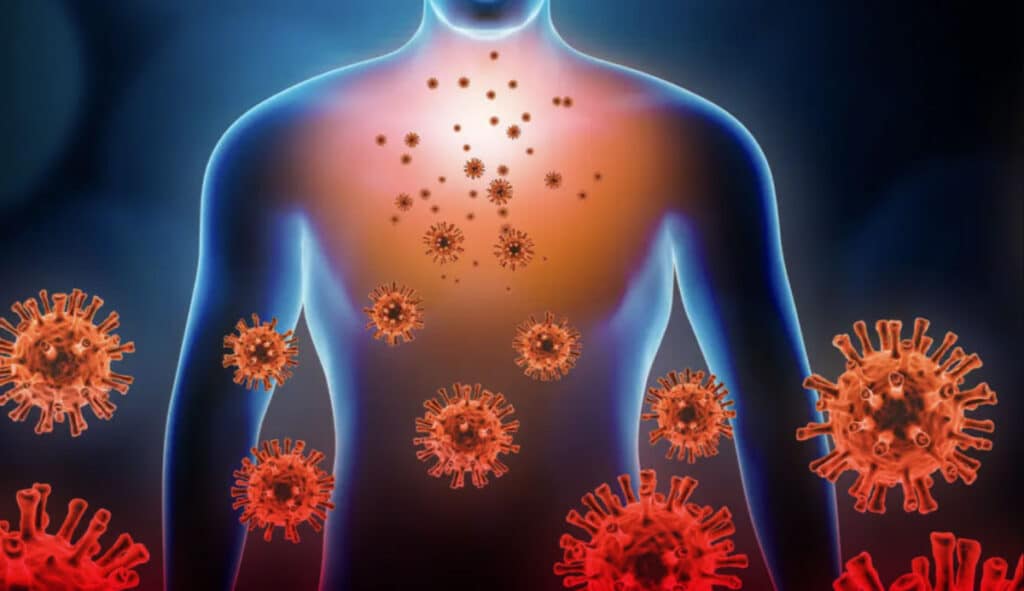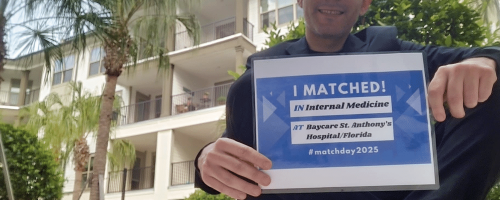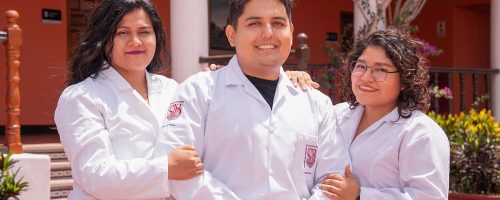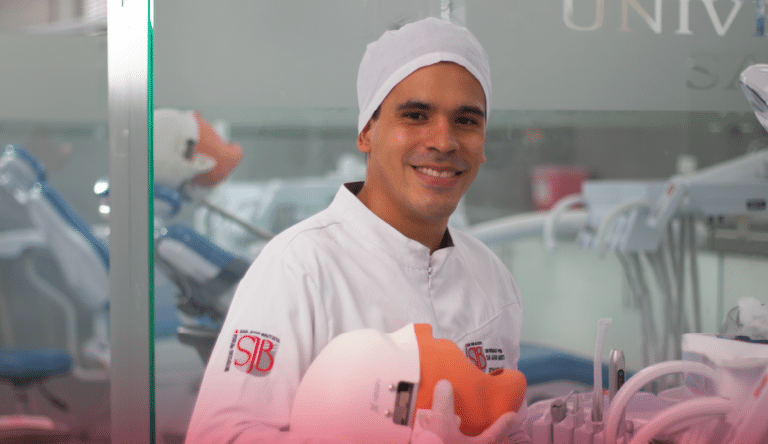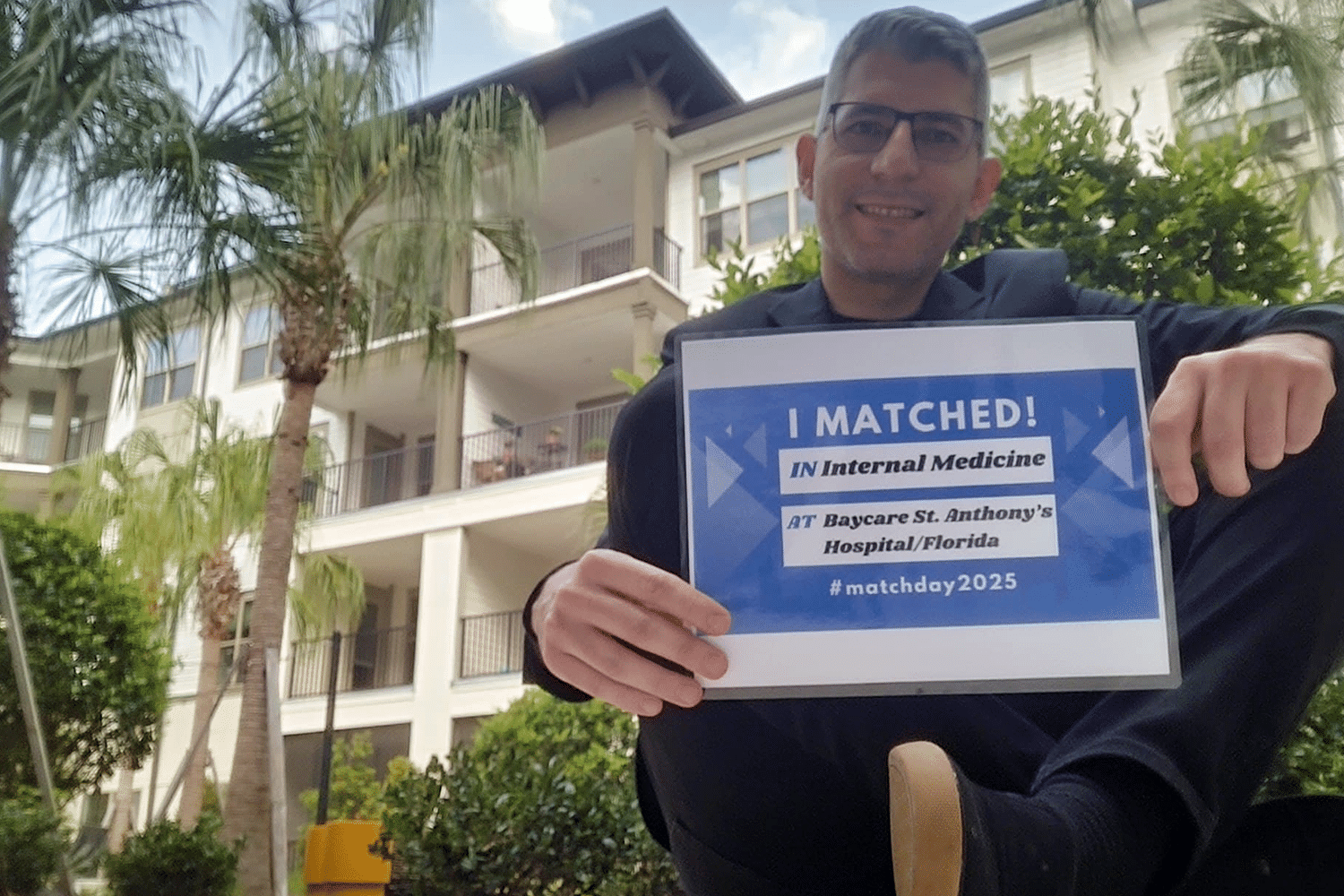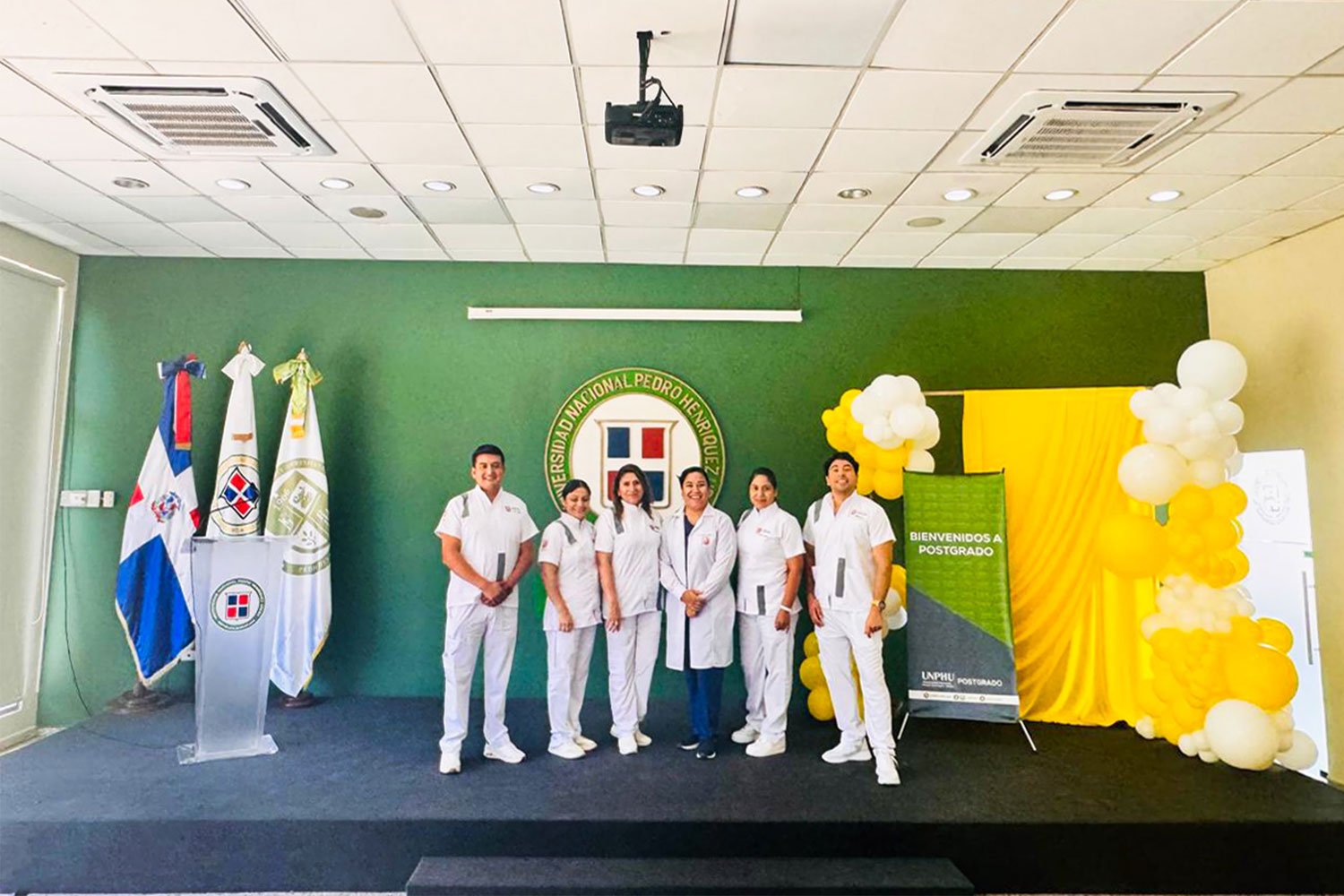A new grant awarded to the Wellcome Sanger Institute and international collaborators within seven Latin American countries by the Chan Zuckerberg Initiative (CZI) will fund the first high-resolution genetic atlas of immune cells in Latin America, uncovering new information about health and disease.
The project is known as Project JAGUAR (Joining All: Genes, immUnity And diveRsity), which was chosen as the jaguar is a native animal to Latin America. The project is part of the Human Cell Atlas initiative 1 and aims to map diversity of immune cells across previously understudied populations. Project JAGUAR is one of 16 newly funded Ancestry Networks for the Human Cell Atlas, and will help address questions about how the environment genetically shapes the immune system and increase population diversity in genome sequence data representation.
This research could lead to further understanding of why people react differently to disease and why certain immune conditions are found in higher prevalence in particular areas of the world, for example, the higher rate of Lupus in Mexico 2.
The immune system is made up of many different types of cells that interact with each other to provide an immune response, which fights organisms in the body that cause disease. In some cases, the immune system mistakenly starts to attack healthy cells and tissues, and this is known as autoimmune disease.
Latin American populations have a mixture of genetic influences from European, Indigenous, African, and Asian groups due to population migration, including European colonisation and the trade of enslaved people, which had varying impacts across the region. Additionally, Latin America is home to a range of environments, such as rainforests, which could influence the prevalence of genes in a population as external factors such as light, weather, and lifestyle can impact which genes are “turned on and off”.
Together, these factors result in Latin American people having diverse genetic backgrounds, which can have different effects on complex traits, including the immune system. The full range of these effects are currently unknown as anonymised, genomic sequencing studies have not been fully carried out with these populations before.
Researchers in Project JAGUAR will use a range of single-cell sequencing technologies to analyse the diverse composition of immune cells in healthy individuals from seven distinct regions in Latin America, including urban Mexico (Queretaro) and the Brazilian Amazon Forest. From this, the researchers will identify how gene expression and composition of immune cells differ across ancestries, and determine the impact of ancestry on immune system development.
Further understanding of the factors impacting immune system development and how this interacts with the environment could help us in finding new ways to prevent or treat autoimmune disease.
The Human Cell Atlas aims to map every cell type in the human body, revolutionising our understanding of biology and disease, and is committed to creating an open, equitable and representative 3 atlas for humanity which will benefit communities worldwide.
While the Wellcome Sanger Institute will perform genome the sequencing thanks to its technical capabilities, the majority of the teams are based in Latin America. These teams are from the University of Campinas, Brazil; Universidad Nacional Autónoma de México, Mexico; Universidad Privada San Juan Bautista, Peru; Instituto Universitario de Ciencias Biomédicas de Córdoba, Argentina and Hospital de Clínicas, University of the Republic, Uruguay; Colombian Institute of Tropical Medicine, Ces University, Colombia; Pontificia Universidad Católica de Chile, Chile.
Notes
- The Human Cell Atlas (HCA) is an international collaborative consortium which is creating comprehensive reference maps of all human cells—the fundamental units of life—as a basis for understanding human health and for diagnosing, monitoring, and treating disease. The HCA is likely to impact every aspect of biology and medicine, propelling translational discoveries and applications and ultimately leading to a new era of precision medicine. The HCA was co-founded in 2016 by Dr Sarah Teichmann at the Wellcome Sanger Institute (UK) and Dr Aviv Regev, then at the Broad Institute of MIT and Harvard (USA). A truly global initiative, there are now more than 2,200 HCA members, from over 75 countries around the world. https://www.humancellatlas.org
- Nucamendi-Cervantes, G. del C., Guillén-Domínguez, G. & Sánchez-Garay, M. (2013) ¿Qué es el Lupus Eritematoso?
- The HCA is committed to creating an open, equitable and representative atlas to benefit communities worldwide. To find out more, see: The Commitment of the Human Cell Atlas to Humanity

